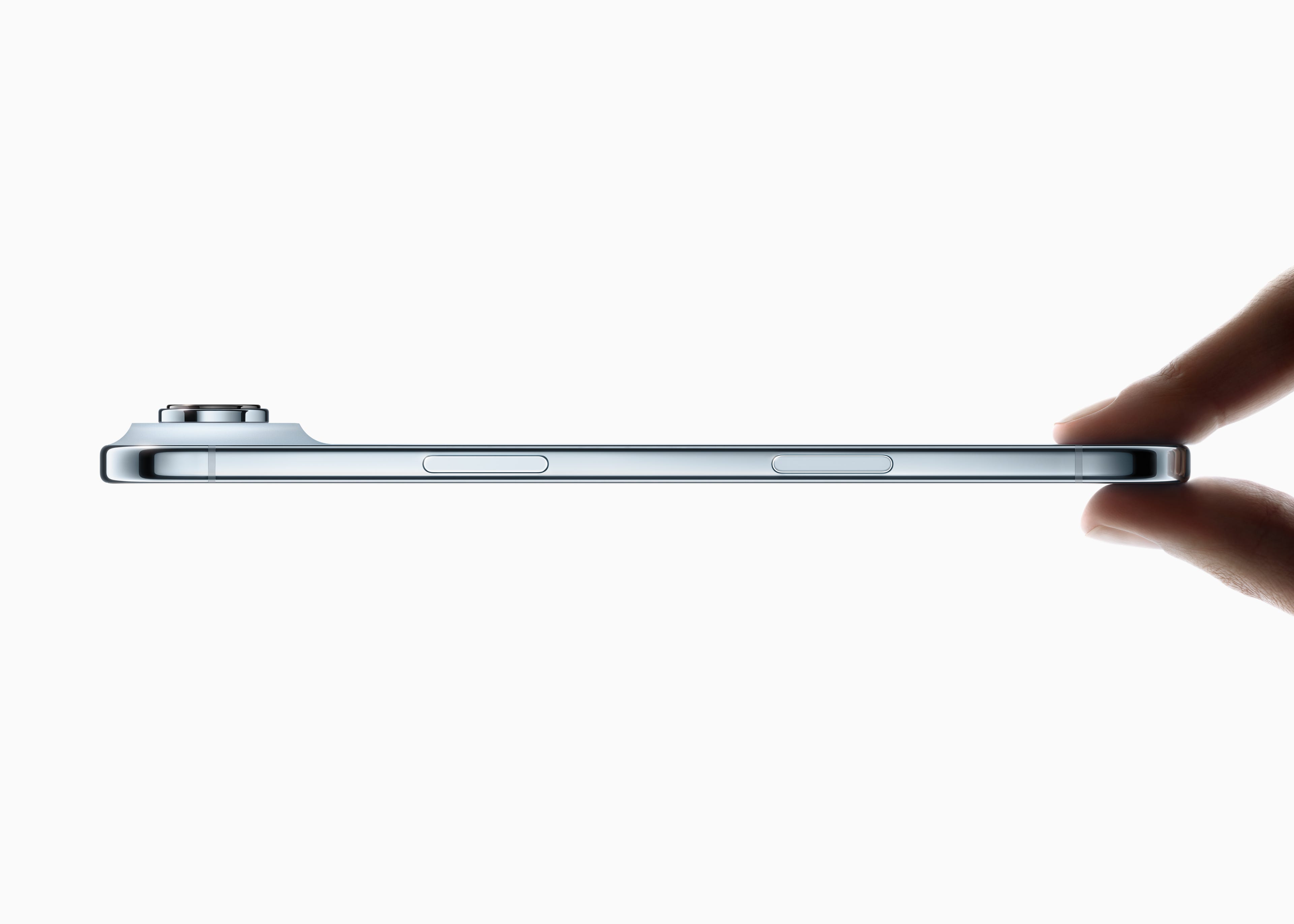
Apple
Hiya! Got a ton of boring meetings on the docket today? A former Google and Stripe executive has some tips for keeping people engaged. (Hint: Do some prep work.)
In today’s big story, it was the biggest day of the year for Apple. We break down all the major product announcements and make the case for why the iPhone Air is actually pretty cool.
What’s on deck:
Markets: The stock market is turning into a ticking time bomb, and the growing mountain of rough economic data is the trigger.
Tech: It’s back to the office for Microsoft workers. And the AI team isn’t getting a pass.
Business: A first-hand account of buying an apartment in NYC as a Gen Zer. (Yes, it’s possible!)
But first, Air Apple.
If this was forwarded to you, sign up here.
The big story
Itsy-bitsy iPhone
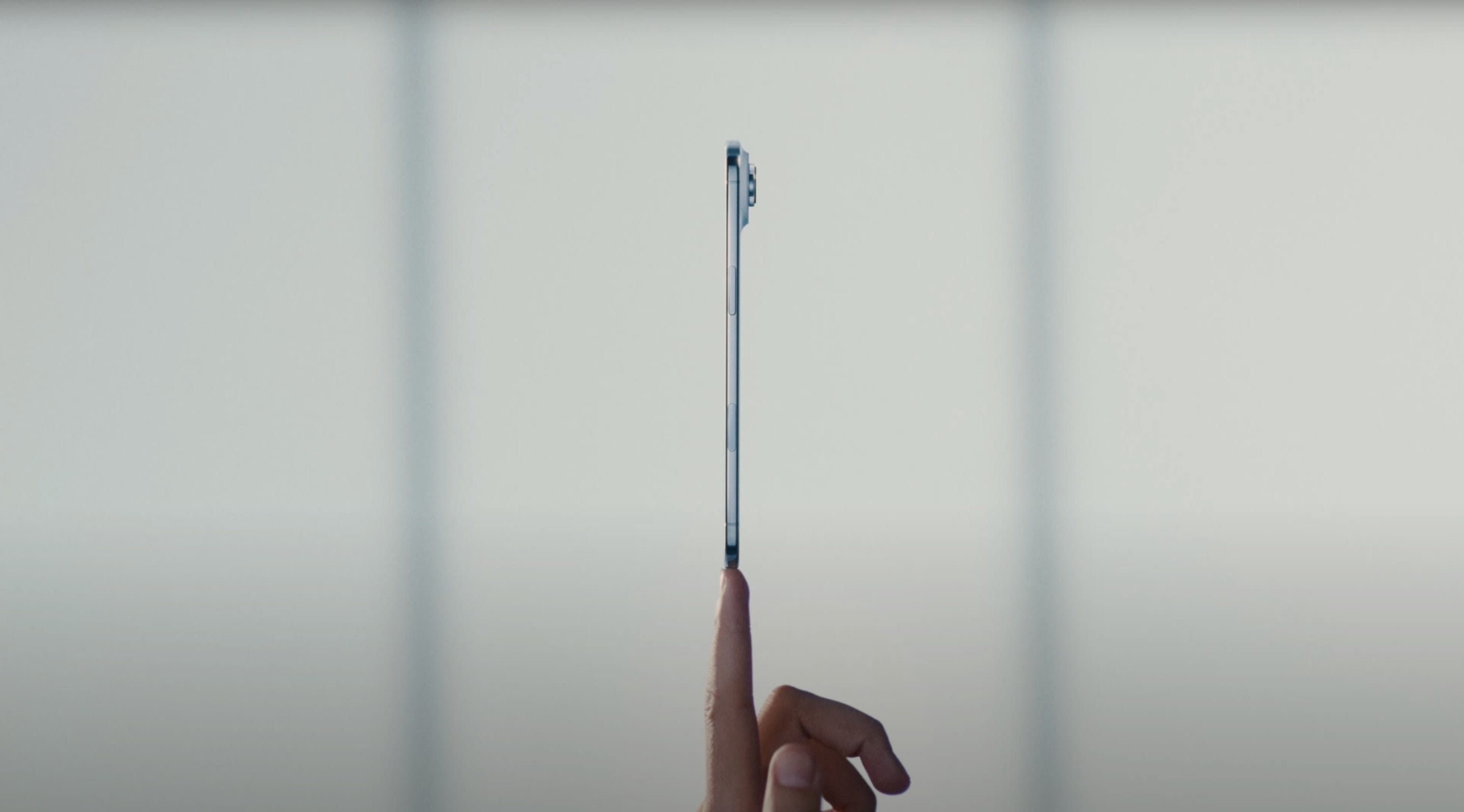
Apple
It’s an iPhone, just make it thinner.
The star of Apple’s big, annual product reveal was the iPhone Air, a slimmed-down version of the popular smartphone.
At a whopping 5.6 millimeters — that’s less than a quarter-inch for metric system haters — Apple said the iPhone Air is thin enough to fit on a fingertip.
The iPhone Air’s smaller size comes with a few sacrifices. Its camera, internal chip, and battery are all a bit of a step down from its bigger siblings. And at $999, it’s more than a base model iPhone, making it no bargain.
However, Apple says it’s making the most of its size, calling it “the most power-efficient iPhone we’ve ever made” and touting its durability.
It might not be the groundbreaking announcement you were hoping for, but iPhone launches rarely are these days. A slightly improved camera here. A moderately better chip there.
That’s part of the reason why iPhone users hold onto their phones for a lot longer than Apple would like.
Apple’s big AI push last year was meant to encourage users to finally upgrade their phones, but Apple Intelligence mostly fell flat.
So, if you can’t attract them with the software, pitch them on the hardware! And the iPhone Air, if nothing else, is pretty impressive to look at.
It also appears to have at least one convert. BI’s Katie Notopoulos is very excited about the iPhone Air. She explained why the slimmed-down iPhone is exactly what she’s been looking for.
Still, arguably the toughest and most important critic wasn’t impressed. Apple’s stock finished the day down almost 1.5%.
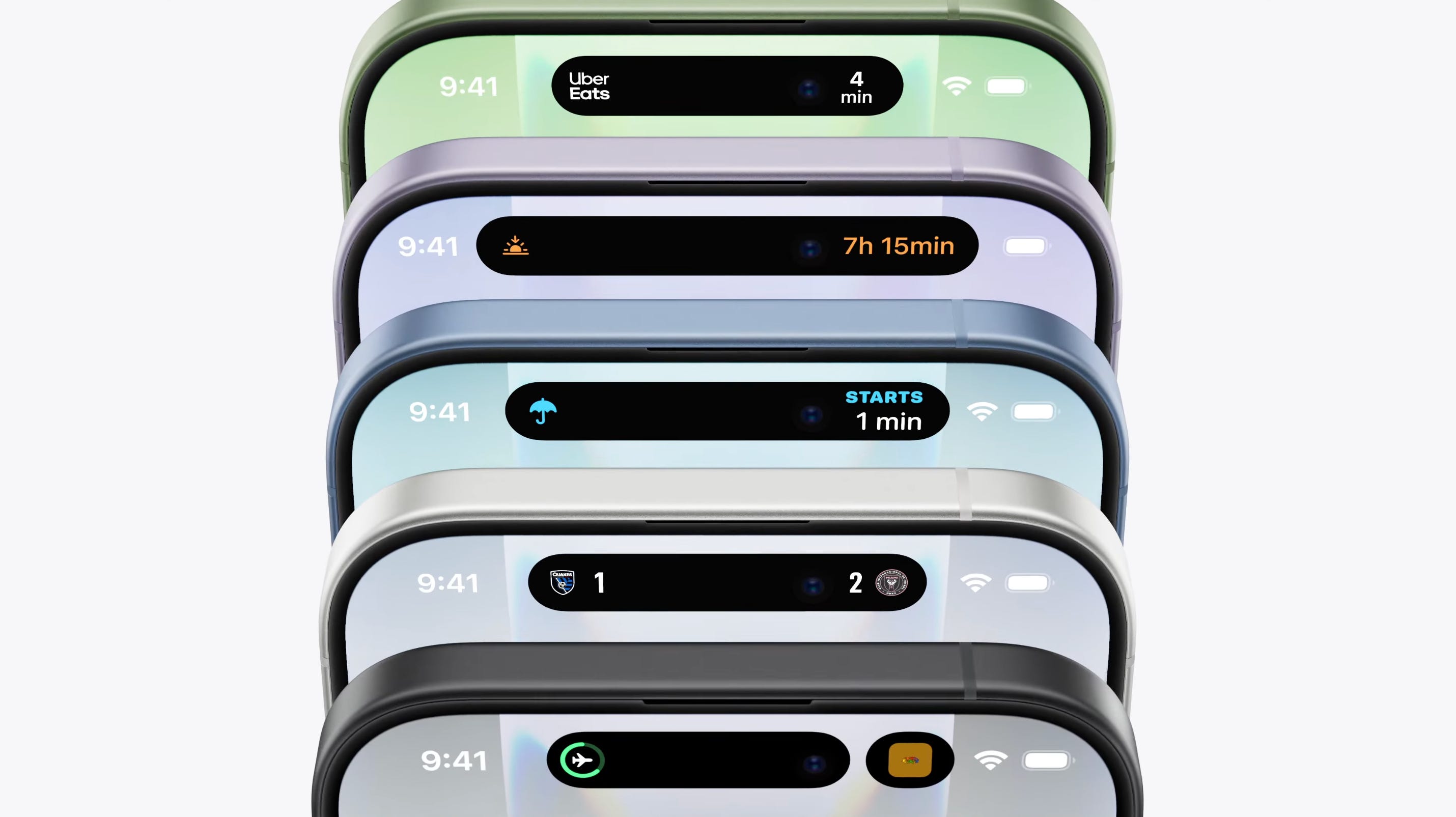
Screenshot via Apple
It wasn’t just about the iPhone Air.
BI’s Sarah Jackson broke down all the big product announcements from Apple. Here are some of the highlights:
The other iPhones: The iPhone 17 Pro’s camera is comparable to eight professional lenses. It’ll cost you at least $1,099, which is $100 more than the iPhone 16 Pro’s starting price, but it has more storage (256 GB instead of 128 GB). If you’re really trying to ball out, the iPhone 17 Pro Max starts at $1,199. Meanwhile, the entry-level iPhone 17 price of $799 is the same as last year.
AirPods Pro 3: The big news here is a heart rate sensor for the gym bros/gals. That could serve as a bridge into more health-related products from Apple. There’s also a Live Translation feature powered by Apple Intelligence. The new buds start at $249.
Apple Watch: The biggest upgrades are battery life, a scratch-resistant screen, and a better display. The Ultra 3 ($799) can last up to 42 hours on a full charge, while the Series 11 ($399) and SE 3 ($249) will last 24 and 18 hours, respectively.
3 things in markets
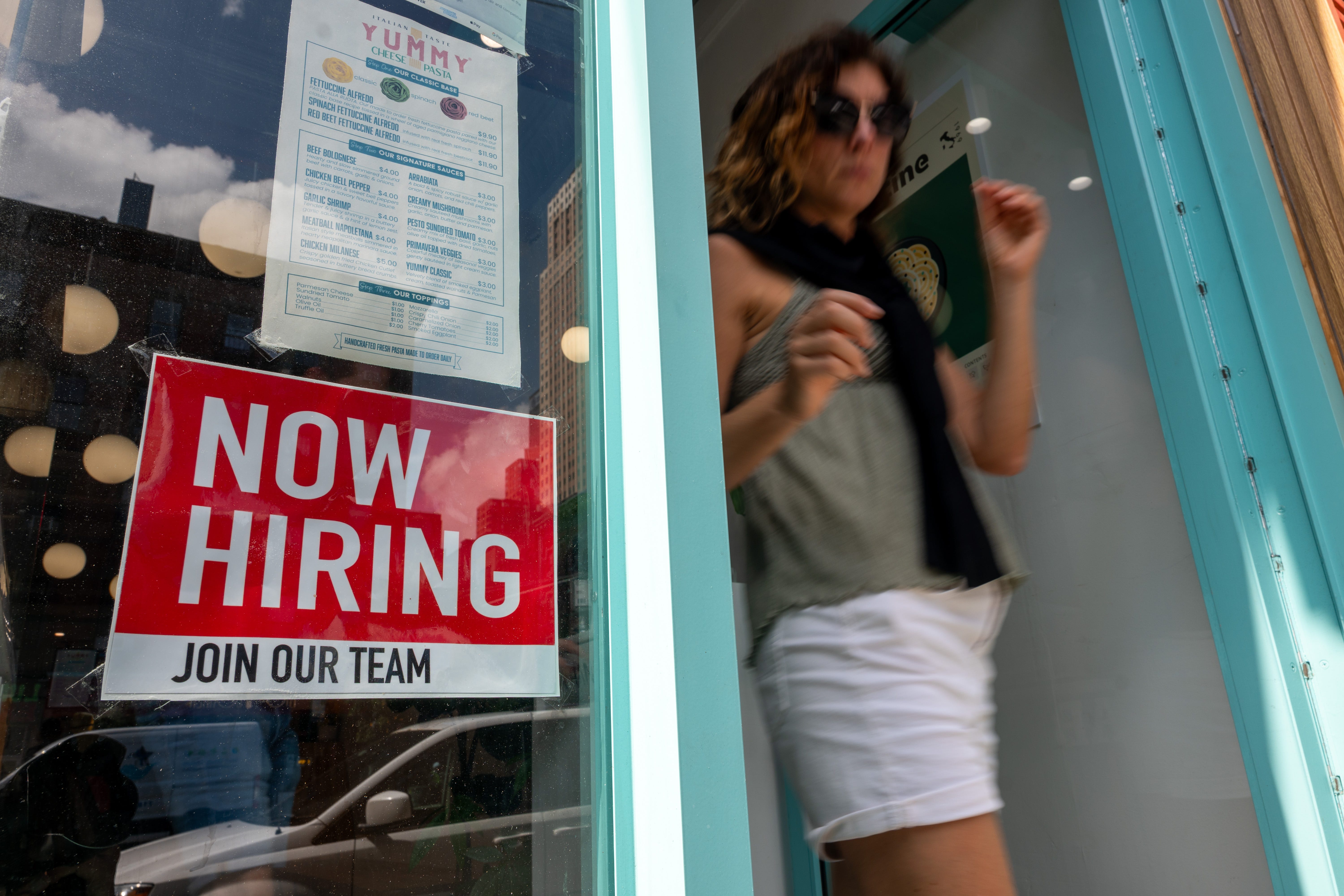
Spencer Platt/Getty Images
1. The labor market is a lot cooler than we thought — and not in a good way. The Bureau of Labor Statistics reported that 911,000 fewer non-farm jobs were added from April 2024 to March 2025 than previously reported. Most major industry sectors, including leisure and hospitality, saw large downward revisions.
2. How long can stock investors keep ignoring bad economic data? The latest revision to the labor market (see above) wasn’t good, and inflation is still a concern. Yet the stock market is already fully valued, and major indexes are sitting at record highs. Once investors flip their stance on the economic data, watch out, BI’s Joe Ciolli writes.
3. Citi poaches a longtime IBM executive to pursue its AI ambitions. Shobhit Varshney, the firm’s new head of AI, will report to Citi’s chief operating officer and work closely with its chief technology officer, according to a memo sent to staff and seen by BI. About 175,000 employees already have access to Citi’s AI tools.
3 things in tech
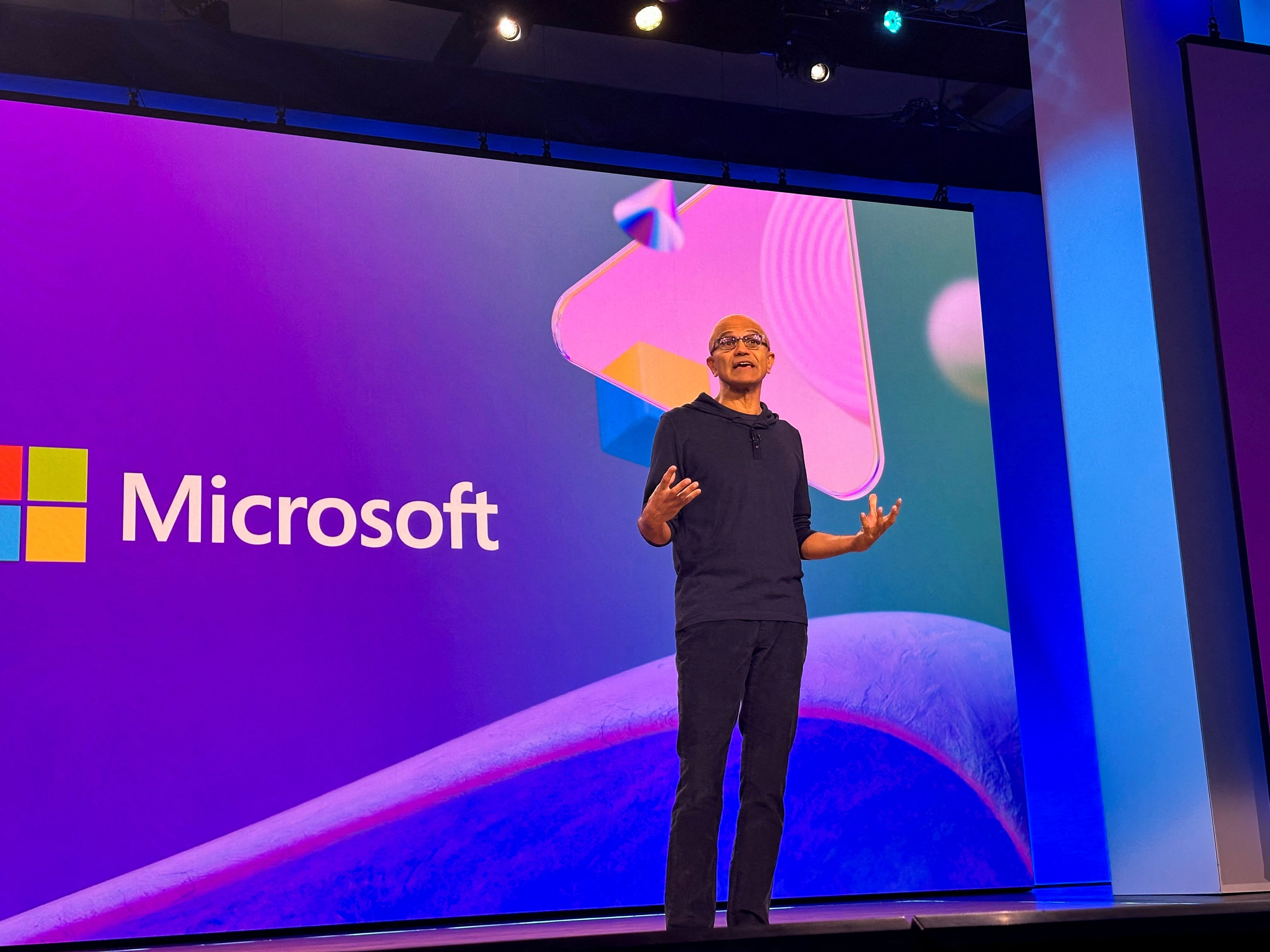
Max Cherney/REUTERS
1. One of Big Tech’s last RTO holdouts is calling workers back to the office. Microsoft employees will be required to go in three days a week, according to an internal email sent to staff and seen by BI. The mandate will happen in three phases, starting at the end of February 2026. And if you’re one of Microsoft’s AI stars, the RTO guidelines are even stricter.
2. One step closer to mind control? The Pentagon just partnered with Phantom Neuro, a startup that wants to let users control prosthetic limbs with muscle memory. The startup received roughly $300,000 from the DOD’s emerging tech group and raised $19 million Series A in April.
3. Verily is restructuring in anticipation of new investors. In a recent town hall meeting, CEO Stephen Gillett told staff that Verily is transforming to a C-corp business structure as it seeks a fresh round of investment. Employees were also told their stock was being revalued, dropping around 80% compared to their 2024 value, according to internal documents viewed by BI.
3 things in business
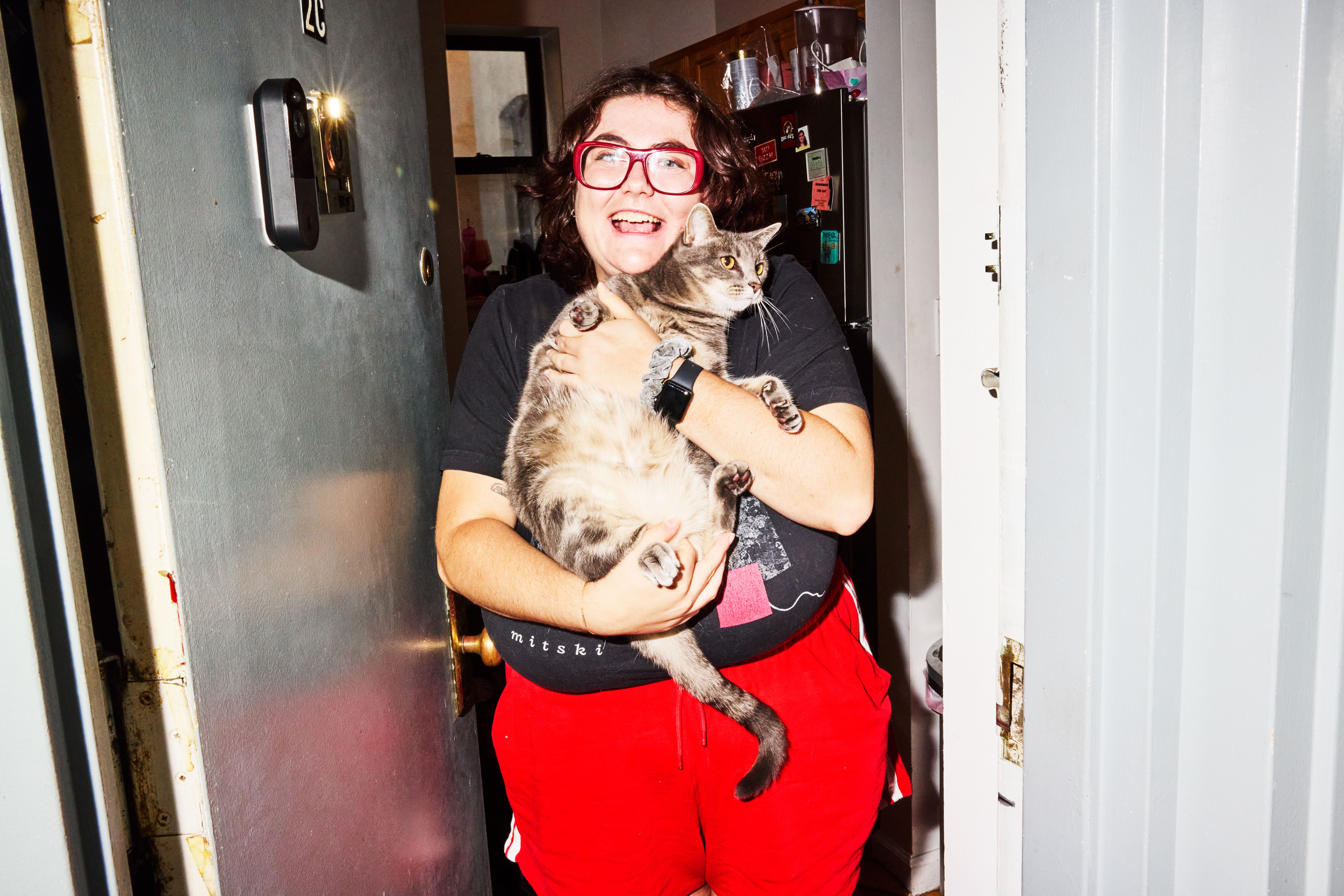
Amy Lombard for Business Insider
1. It’s giving homeowner. BI reporter and “geriatric Gen Zer” Juliana Kaplan recently bought an apartment in New York City at 28 years old. With a little bit of smart saving and luck, here’s how she did it.
2. Whoop’s CEO believes in work-life harmony, not work-life balance. The difference is flexibility, the fitness-tech CEO explained in the latest installment of BI’s Power Hours. He shared his daily routine, from early morning workouts to cold plunges and meditation.
3. Four-day RTO vs. eight weeks of severance. That’s the balance some NBCUniversal employees are weighing in the wake of a return-to-office order set to begin January 5. Unusually, the offer isn’t based on employee tenure — everyone gets eight weeks regardless of how long they’ve been there.
In other news
- Google’s AI playground was its best-kept secret. Now everyone is finding out.
- Here’s what 8 business titans told Jeffrey Epstein in his birthday book.
- Morgan Stanley flags 3 cybersecurity stocks poised to rally as threats increase and IT spending jumps.
- Exclusive: Sen. Josh Hawley wants to ban driverless cars — and says he’ll introduce a bill on it ‘soon.’
- Snapchat and Instagram are starting to chase the same growth strategy.
- High school seniors are struggling with math and reading — and it’s worse than ever before.
- Evan Spiegel is going ‘startup’ mode as he says Snap faces a ‘crucible moment.’
- Google really doesn’t want you to think the open web is in decline.
- OpenAI CFO says cloud giants have been ‘learning on our dime,’ in warning shot over data center ambitions.
- Meta CFO explains CEO Mark Zuckerberg’s $600 billion White House pledge.
- Frank founder Charlie Javice cites fertility struggles, Holocaust-surviving grandmother, in bid for no prison.
What’s happening today
- Treasury Secretary Scott Bessent presides over Financial Stability Oversight Council meeting.
- SpaceX launch of Space Development Agency’s first tranche of satellites.
Dan DeFrancesco, deputy editor and anchor, in New York. Hallam Bullock, senior editor, in London. Akin Oyedele, deputy editor, in New York. Grace Lett, editor, in New York. Amanda Yen, associate editor, in New York.
The post Apple’s new ultra-thin iPhone has some people excited, but Wall Street doesn’t seem convinced appeared first on Business Insider.




